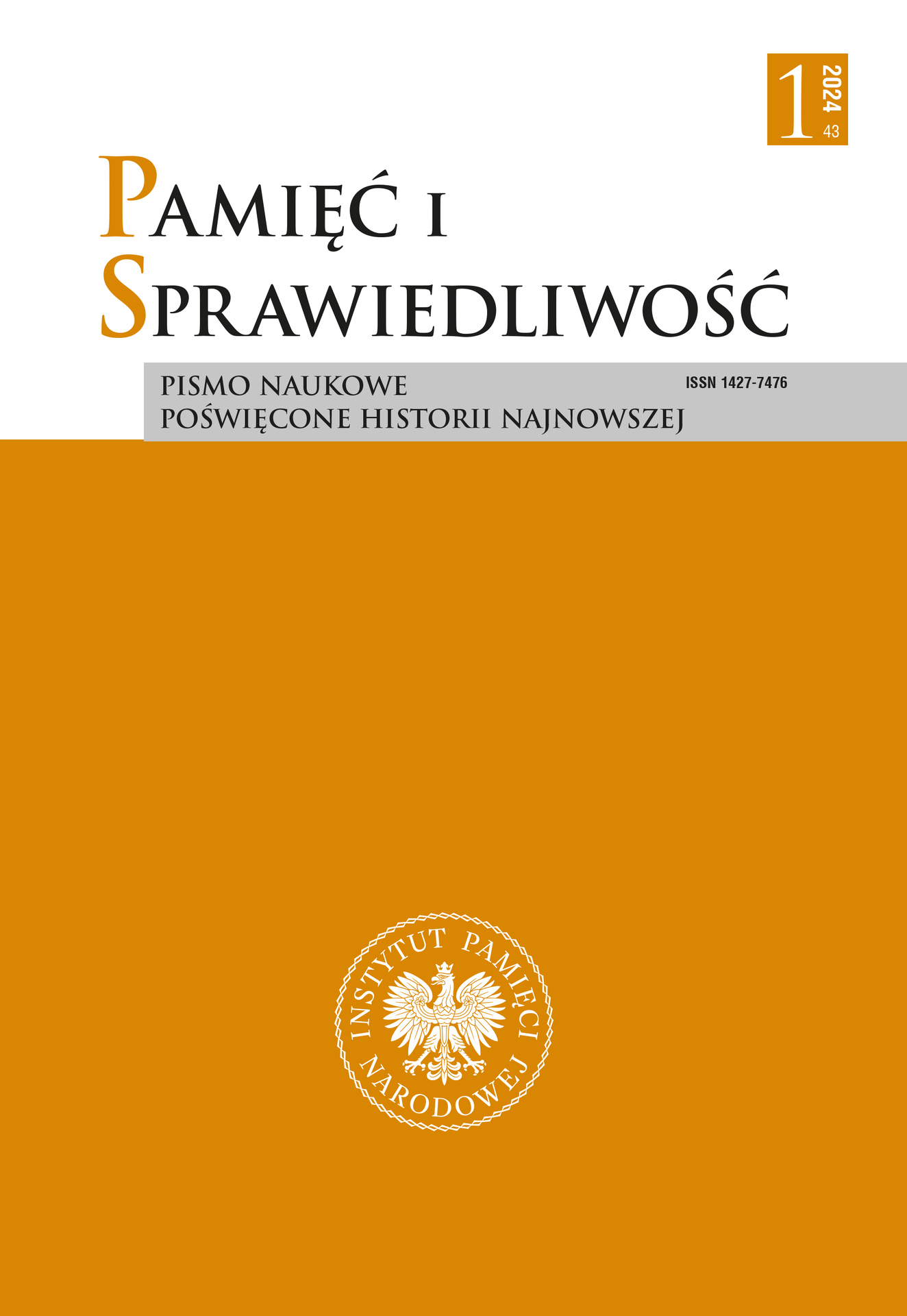Rozliczenia zbrodni sądowych w powojennej Polsce (ze szczególnym uwzględnieniem stanu wojennego)
Settlements of Judicial Crimes in Post-War Poland (with Particular Emphasis on Martial Law)
Author(s): Andrzej PozorskiSubject(s): Law, Constitution, Jurisprudence, Military policy, Post-Communist Transformation, Court case
Published by: Instytut Pamięci Narodowej
Keywords: judicial crimes; martial law; judges; case law; waiving immunity; criminal liability; communist
Summary/Abstract: Martial law was a unique period in Polish history, characterised in part by the exten- sive use of the Polish justice system by the communist authorities as a tool to suppress political opposition. Extraordinary powers were granted to military courts, which – act- ing as an ally of the oppressive state – issued harsh sentences. Some of them have even become model examples of judicial crimes. The settlement of judicial crimes, by hold- ing judges criminally liable, poses one of the most challenging tasks for prosecutors at the Commission for the Prosecution of Crimes against the Polish Nation – Institute of National Remembrance. This category of acts even lacks a comprehensive legal definition. So far, attempts to create such a definition have been made mainly in the literature in the field. Another serious obstacle is the need to waive the immunity of a judge suspected of committing judicial crimes. Practice has shown that it is very difficult to waive immuni- ty. Courts must deal with many legal issues. Only recently, thanks to the prosecutors of the Institute of National Remembrance, resolutions from the Supreme Court have been passed, offering hope that judges who, while serving the communist authorities, violated or distorted the law in force at the time of their adjudication will be held accountable.
Journal: Pamięć i Sprawiedliwość.
- Issue Year: 43/2024
- Issue No: 1
- Page Range: 13-30
- Page Count: 18
- Language: Polish

